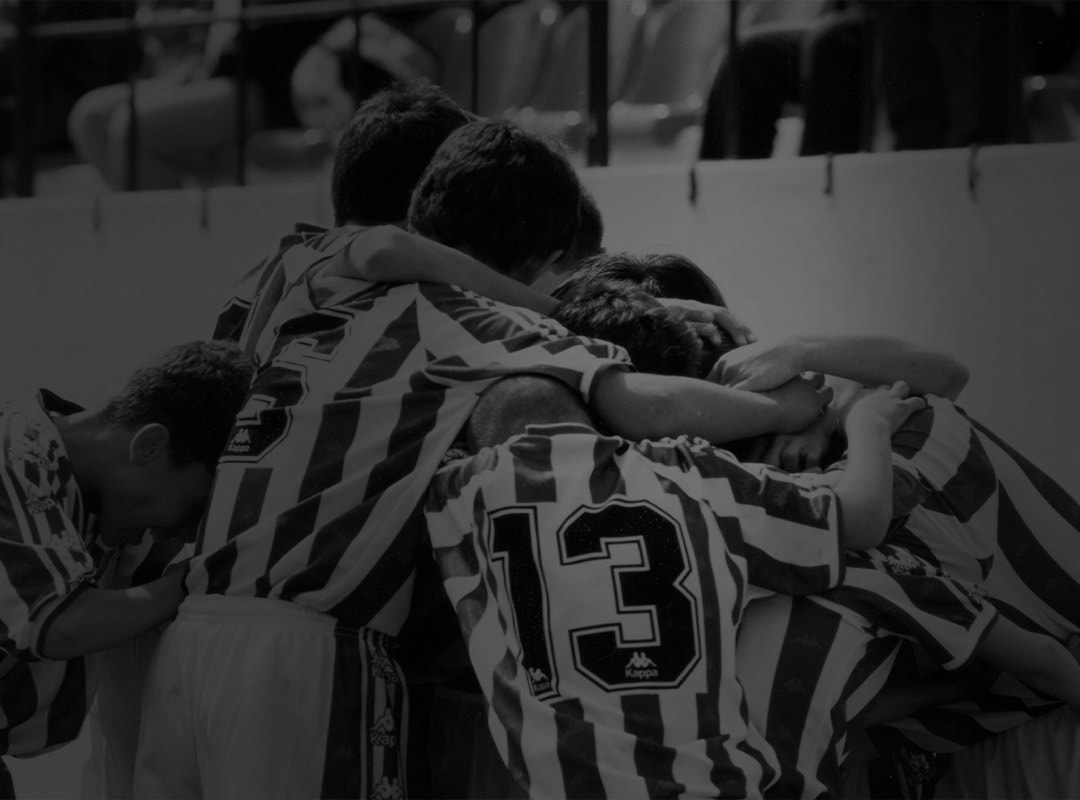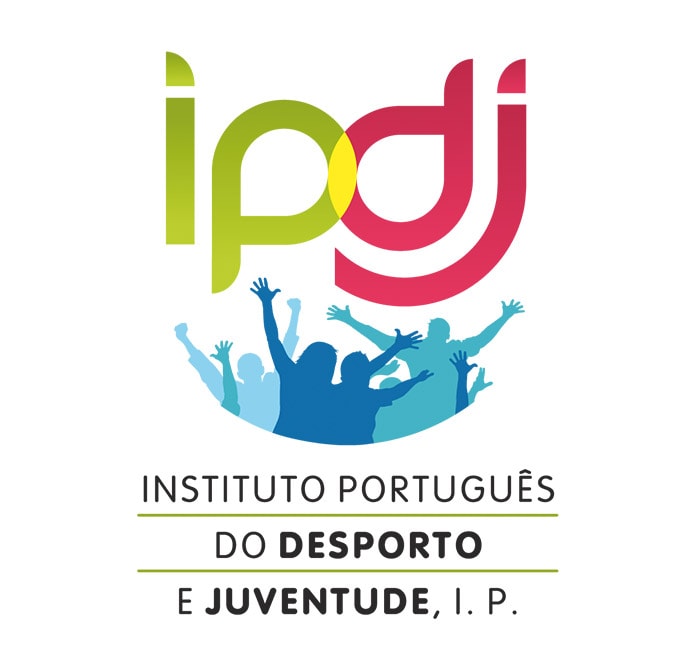V4V Good Practice Case Studies: Clube TOP (Sports Club Training Programme)
Sport / Activity: Multi-sport | Country: Portugal

Which of the four pillars does the example cover?
Pillar 1 – Volunteer strategy and planning
Pillar 3 – Volunteer management and retention
Pillar 4 – Volunteer development and training
Focus of volunteer intervention: Promoting volunteering to young people

Objective(s):
The Clube Top Programme is provided by the Portuguese Institute for Sport and Youth (IPDJ) and recognises the important role that grassroots sport organisations play in the provision of sporting opportunities, and therefore the importance of investing in their human resources, such as volunteers.
Sports clubs, in general, are faced with a set of ongoing challenges such as growing competitiveness, lack of finances and human resources, yet at the same time also facing increasing demand on their services and expectations of service quality. To deal with these challenges, sports clubs need to develop innovative solutions which require more informed, prepared, and competent leaders and volunteers.
The Clube Top Programme aims to develop more sustainable sports clubs; equipped with properly trained people, rooted in their communities and capable of responding to the needs and expectations of their members. Therefore, the programme aims to help clubs achieve the following goals:
- Greater ability to reduce waste, to generate and capture resources and to apply them in an intelligent way
- Better sports programmes, with activities and facilities more suited to their athletes and the community where they operate
- More adherence and greater involvement of athletes, partners, and collaborators
- Greater recognition for the quality of services provided
- Greater social recognition in the local community.
Activities undertaken:
The programme comprises six independent but complementary measures, which are being implemented in a gradual manner, including:
Training (HR training):
This aspect involves the provision of training modules which can be accessed online on an individual basis or by clubs as part of internal training programmes. A training catalogue is provided and regularly updated with new modules. Finally, a ‘trainer pool has been established on the website which enables clubs to identify suitable trainers to whom they can reach out to organise their own HR training activities.
Support (resource centre):
The programme has also developed a resource centre where sport clubs can access all resources produced by the programmes, including recordings of previous events, checklists, and good practices. It will also include a pool of consultants, that clubs can access and contact to get support for their activities.
Merit (rewards and recognition):
Clube TOP awards are provided at a regional level, with clubs presenting examples of good practice. The winners at the regional will go forward to the national Clube TOP award.
Quality (improving standards):
This aspect of the programme includes the promotion of quality standards and certification processes for sport clubs.
To encourage sport clubs to engage with the programme, a memorandum of understanding was signed with local authorities across mainland Portugal, who then helped to disseminate the programme and support its implementation. Experts and trainers were recruited from a range of organisations including higher education establishments who also helped to signpost students and graduates looking for experience or who had specific skills to sports clubs.
Challenges faced:
Some of the challenged associated with the implementation of the Clube TOP programme have been:
- Encouraging clubs to be critical about their current systems with a view to making improvements
- Working in partnership with different actors to develop solutions that meet the needs of sports clubs
- Communication obstacles with sports clubs due to the lack of a centralised database of sports clubs in Portugal
- Low digital literacy rate amongst directors and administrators in sports clubs resulting in difficulties accessing and using the digital platform
- Securing engagement from sports clubs. Although the rewards of using the programme are evident, it takes time and investment from clubs to engage with the programme and digital platform.
Impact:
The programme has helped to increase recognition of, and showcase, good practice by sport clubs, whilst simultaneously providing recognition of the excellent work undertaken by clubs, many of whom are run by volunteers.
For further information: Click here